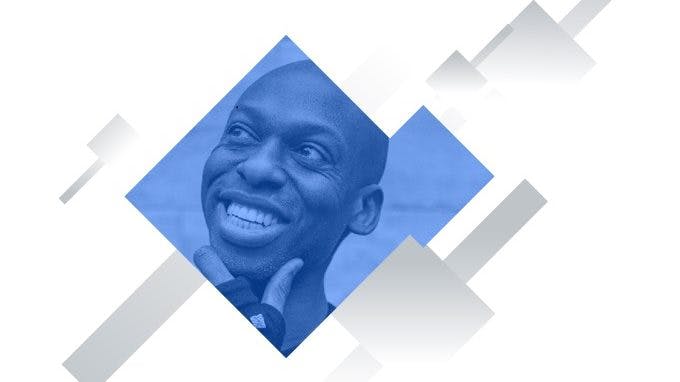From Britain’s no-nonsense, matter-of-fact John Bull to Missourians’ self-image as the “Show-Me State”, healthy scepticism is a matter of pride, identity and national mythos. But what happens when the truth you’re asked to believe is beyond your ability to verify — like the effectiveness of the coronavirus vaccine?
To be clear, I am not commenting on the efficacy of the vaccine. Like almost everyone else, I’m not an expert in virology, vaccines and epidemiology. And that’s precisely the point. We can’t all be specialists in every complex field of human endeavour, which is why we delegate the task to our elected representatives. They consult with experts, weigh the evidence, make decisions and — crucially — communicate the many complexities in a way that everyone can understand.
For such a system to function as it should, we need to trust our experts and representatives; this is especially true during times of such rapid technological change, when so many facets of the modern world are indistinguishable from magic. Yet our trust in these experts has been steadily eroded, not just by Dominic Cummings’ trip to “test his eyes” or other politicians’ flouting of the guidelines, but over a long period of time.
So, when faith in governments and institutions wanes, whom do we trust? And how can we verify?
We often trust our friends, close family, and certain public figures from our community we have deemed trustworthy through personal observation. But above all, we trust ourselves ─ as long as we have the data to make an informed decision.
Unfortunately, the complexity of modern societies has made it easy for our rulers to adopt a paternalistic attitude towards evidence. “This is far too complex for you to understand,” they imply. “Far better to trust us, the experts.”
That isn’t how trust works. Even if the science is beyond most people, a commitment to transparency and data-sharing goes a long way to reassuring the public. We might not always make the best decisions based on the data, but it at least gives us an evidence-base on which to make those judgements. What’s more, it ensures public debate is based on a universal set of statistics, with considerably less opportunity for false information to circulate.
In the case of the vaccine, I imagine that making test results public and allowing qualified representatives of community groups to independently review detailed information will improve transparency, plus the anecdotal accounts of people who have had the jab will also help. Ultimately, individuals should be empowered to make their own choice. Compulsory
vaccination mandated by untrusted overseers — thankfully, so far ruled out by the British state — is definitely not the path to building trust.
This approach to building trust in a low trust environment is not new but actually is a wisdom born of the ages. Benjamin Franklin, among many others throughout history, pointed out that it is the duty of every citizen to question authority; I believe this same philosophy — holding administrators to account to ultimately improve outcomes — is one of the key reasons why Bitcoin has gained so much traction in these confusing times.
As we know, the approach of “Don’t trust, verify” is a core tenet of Bitcoin. Powerful miners are kept in check by legions of node operators, independently verifying the veracity of every transaction, and every user is encouraged to become one if they can. In so doing, trust is maintained even among complete strangers.
In this new era of broken promises, radical transparency, and reduced trust, we can take inspiration from Bitcoin’s consensus system, even if we can’t duplicate it completely in all circumstances. I hope that we will see a return to a mindset of responsibility, honour, and promoting the public good spread through all sectors over time, with Bitcoin as the prototype.
